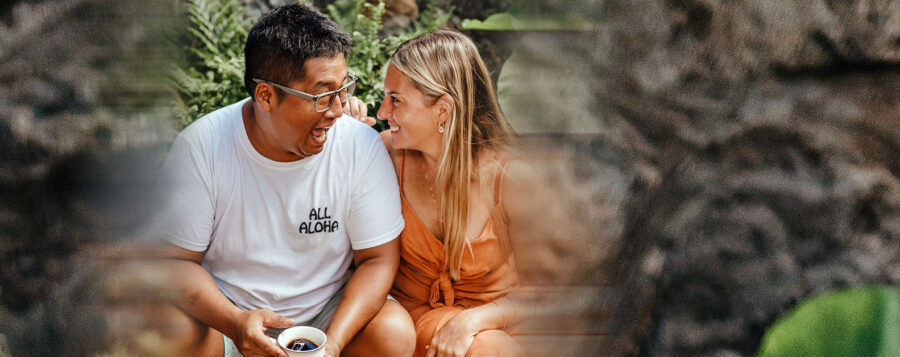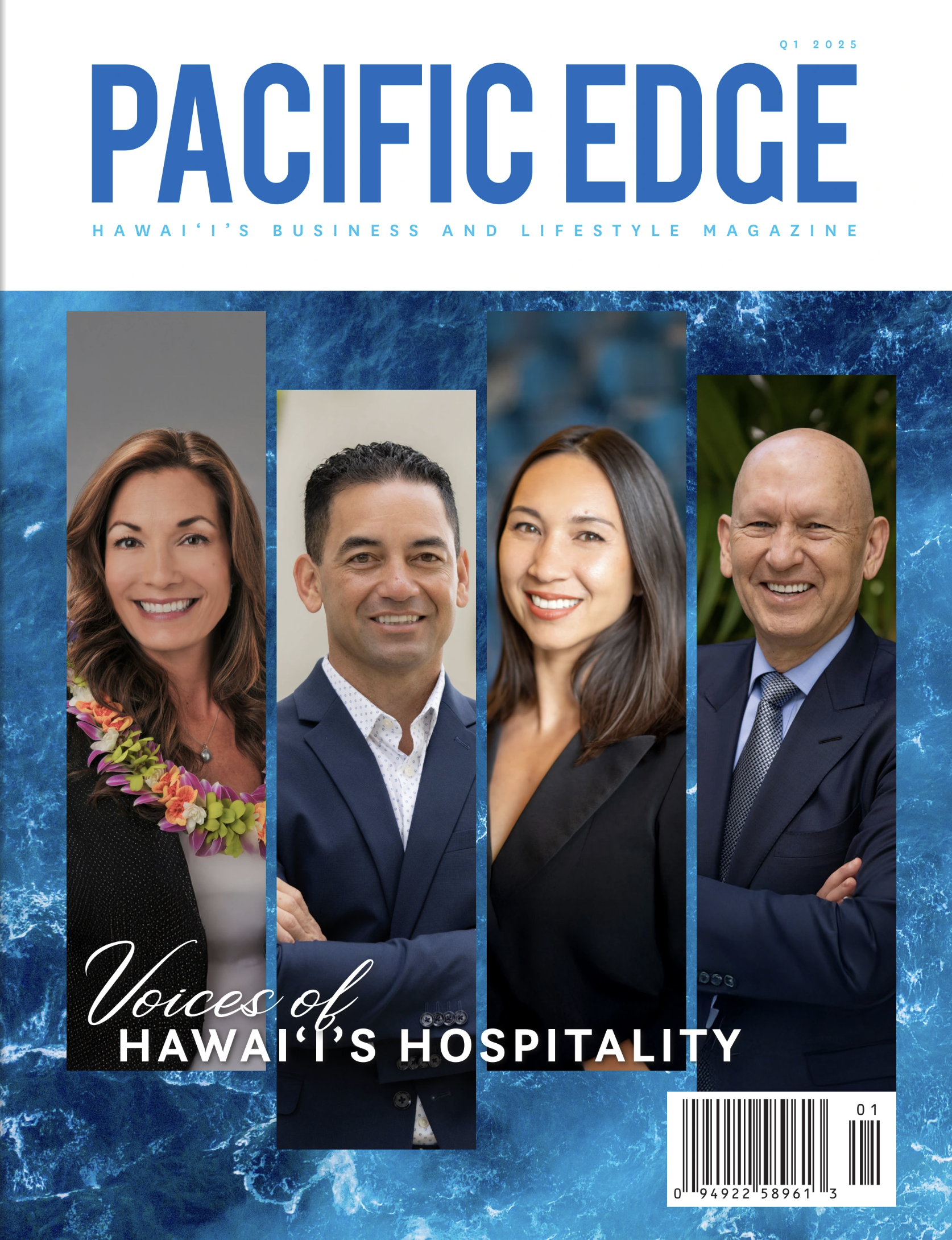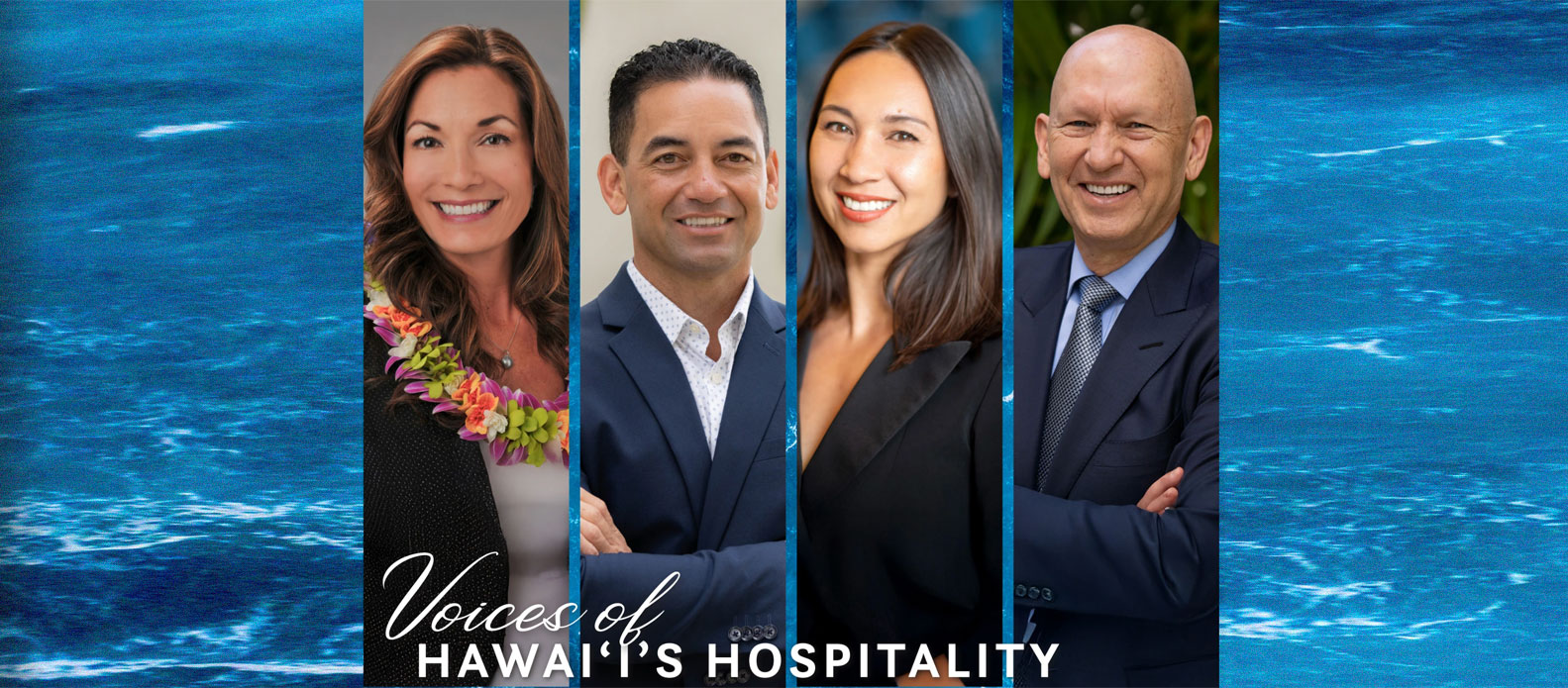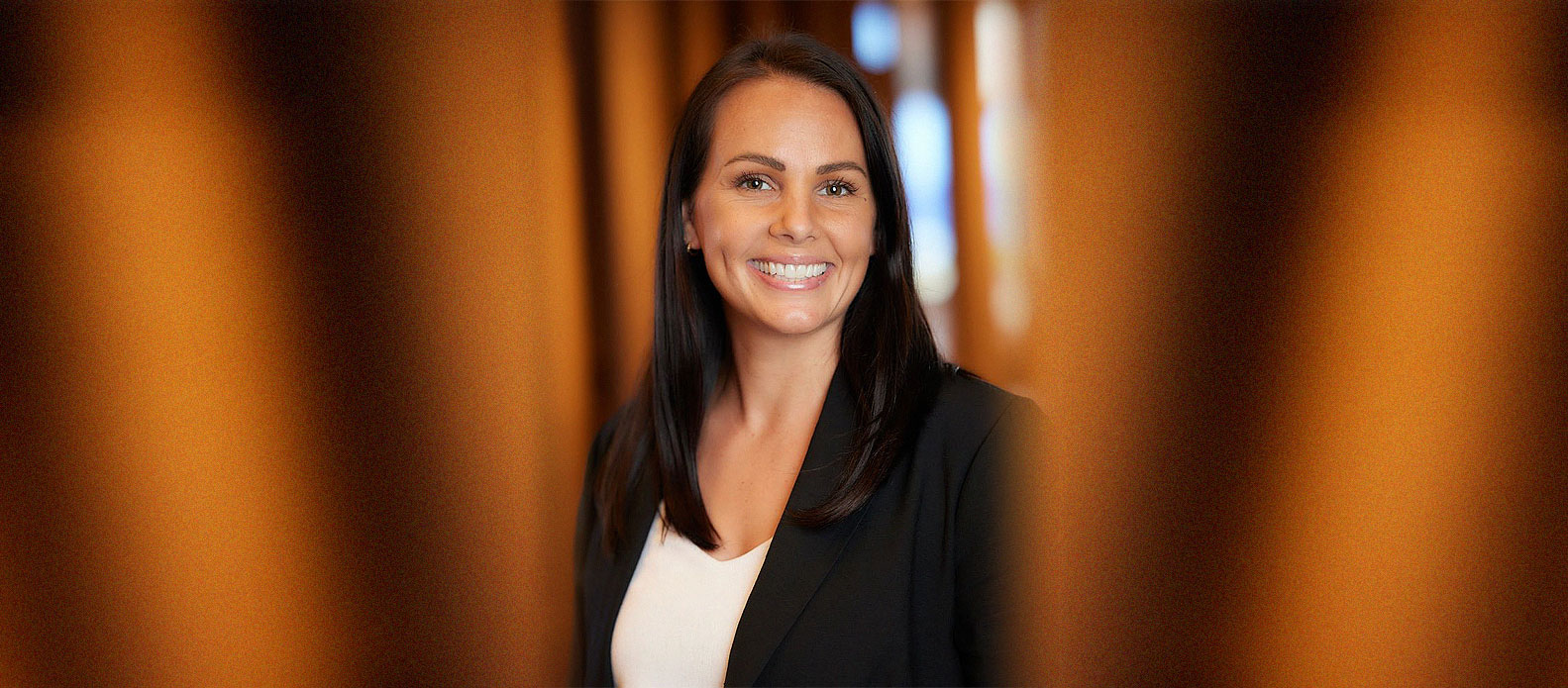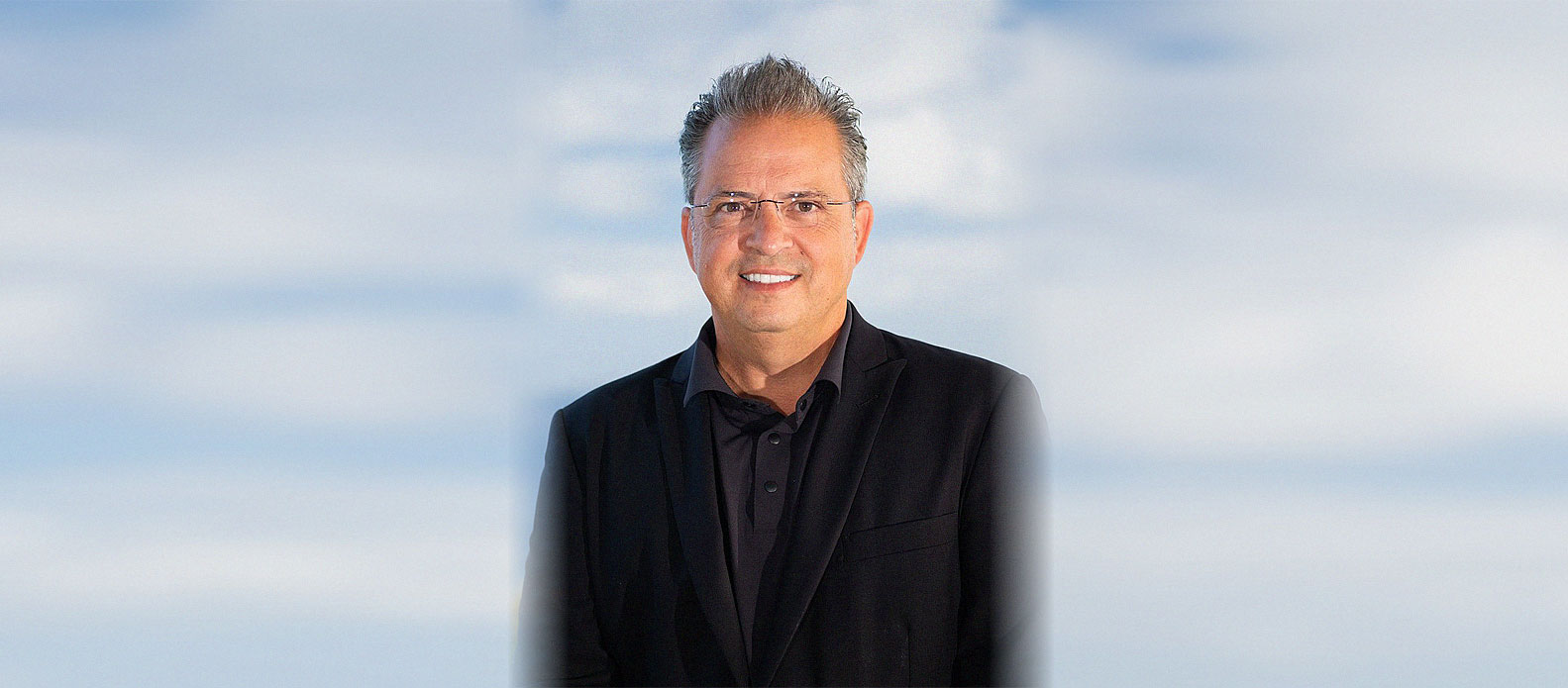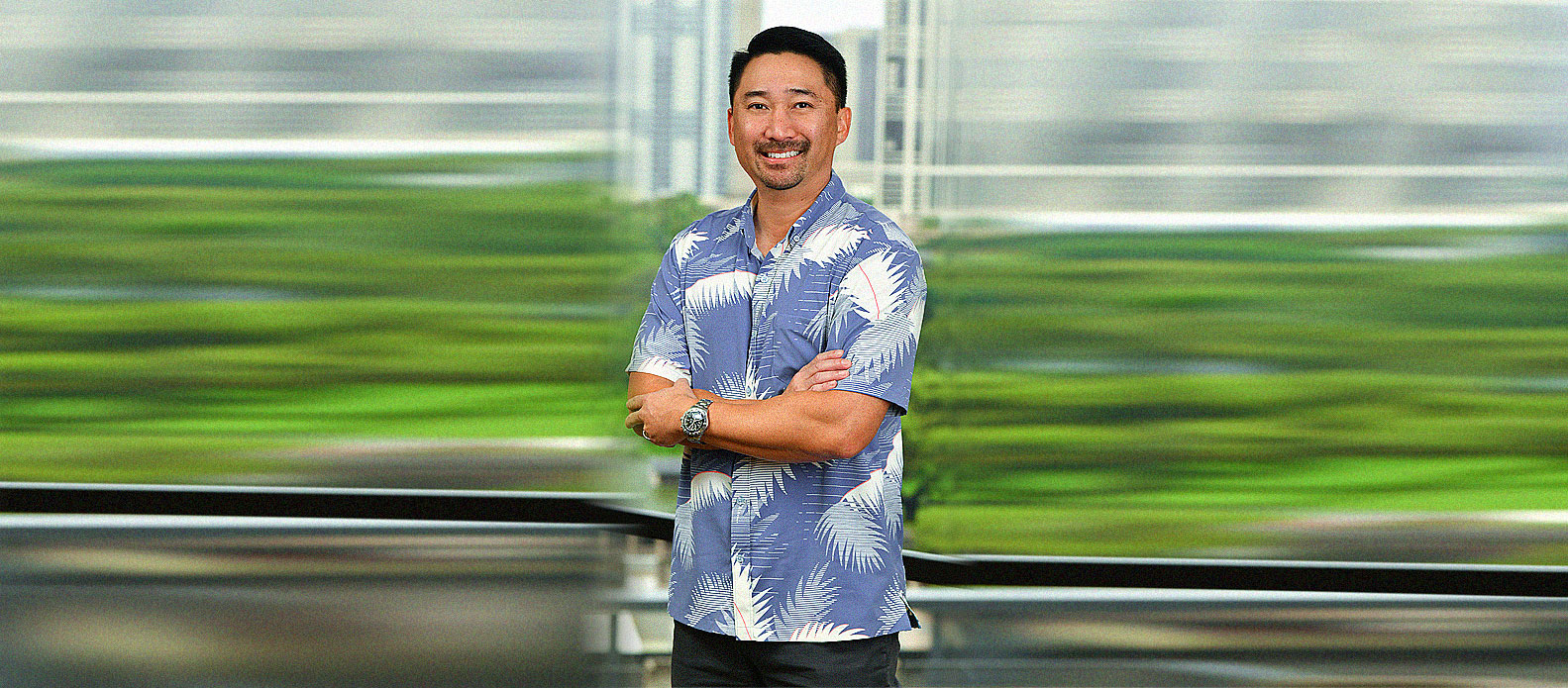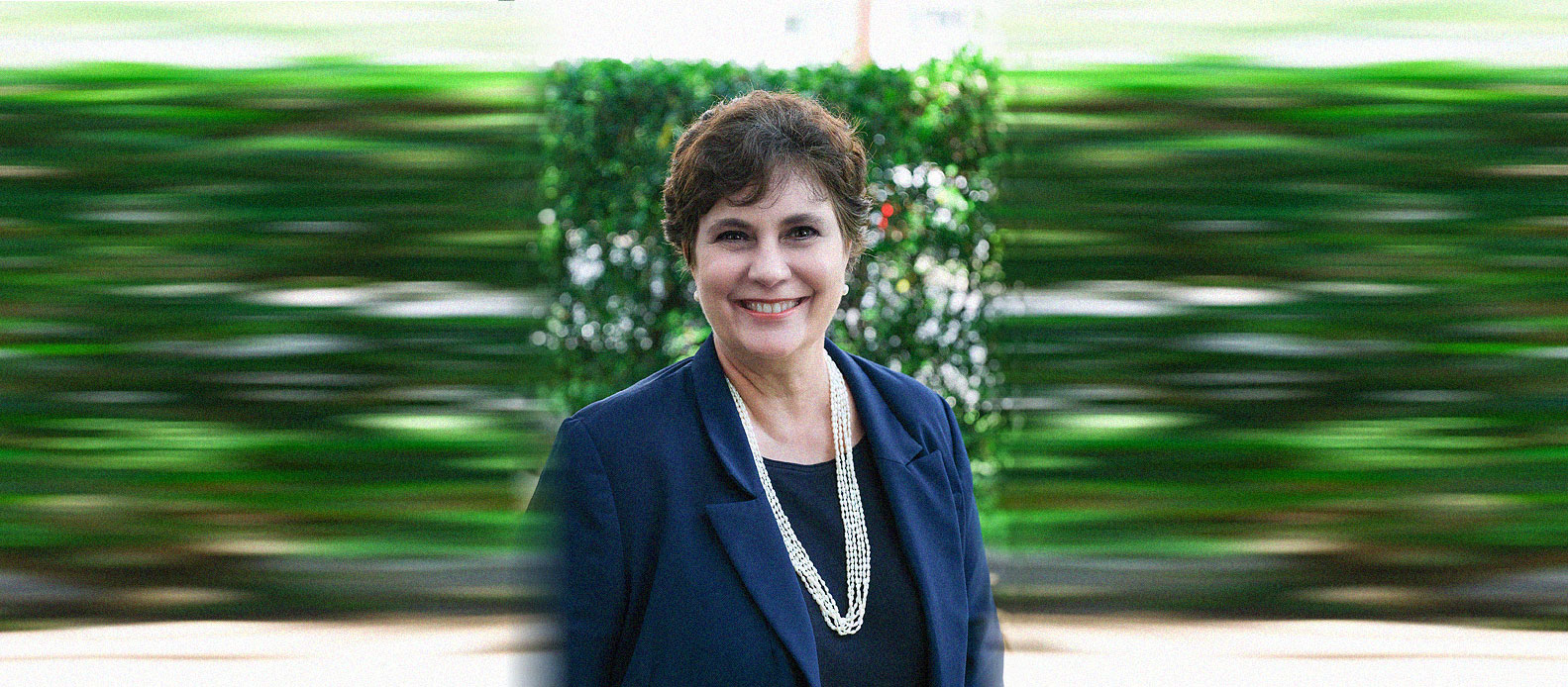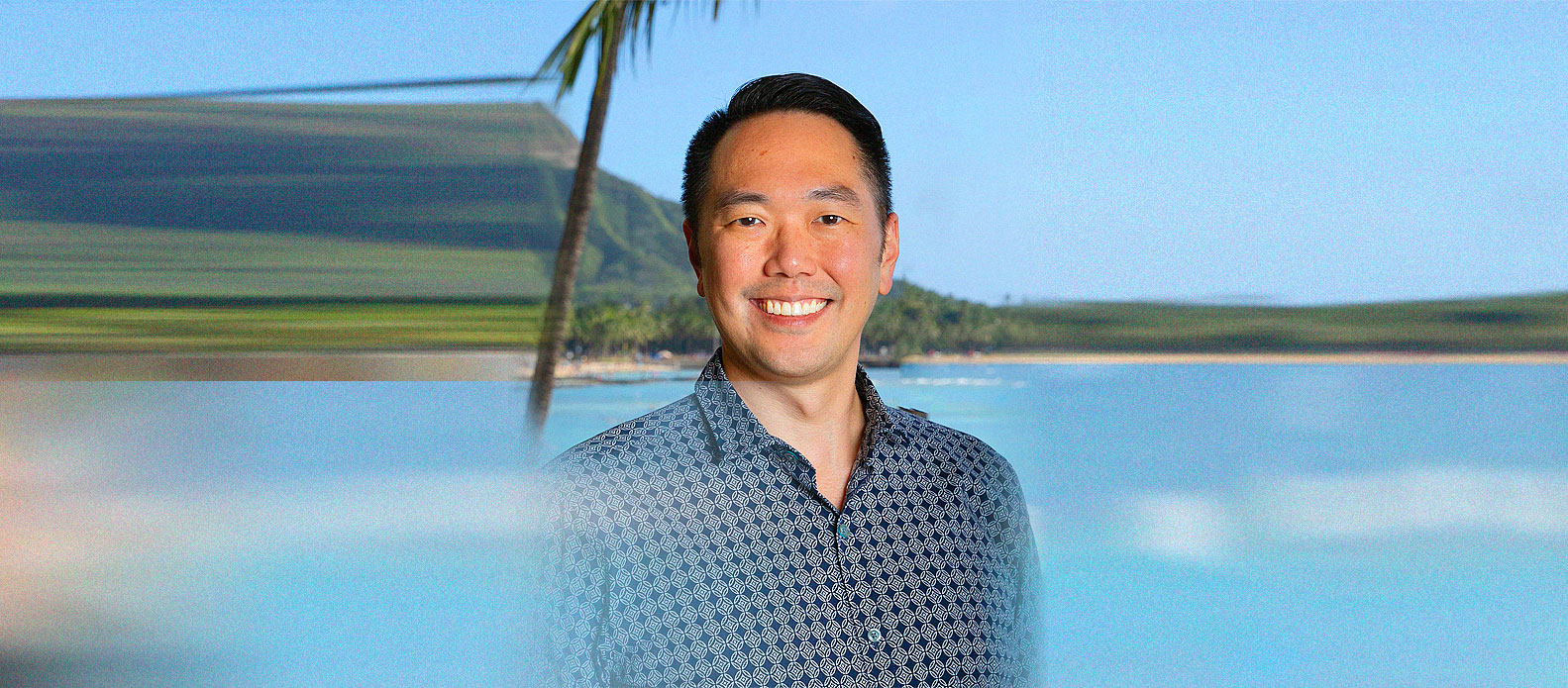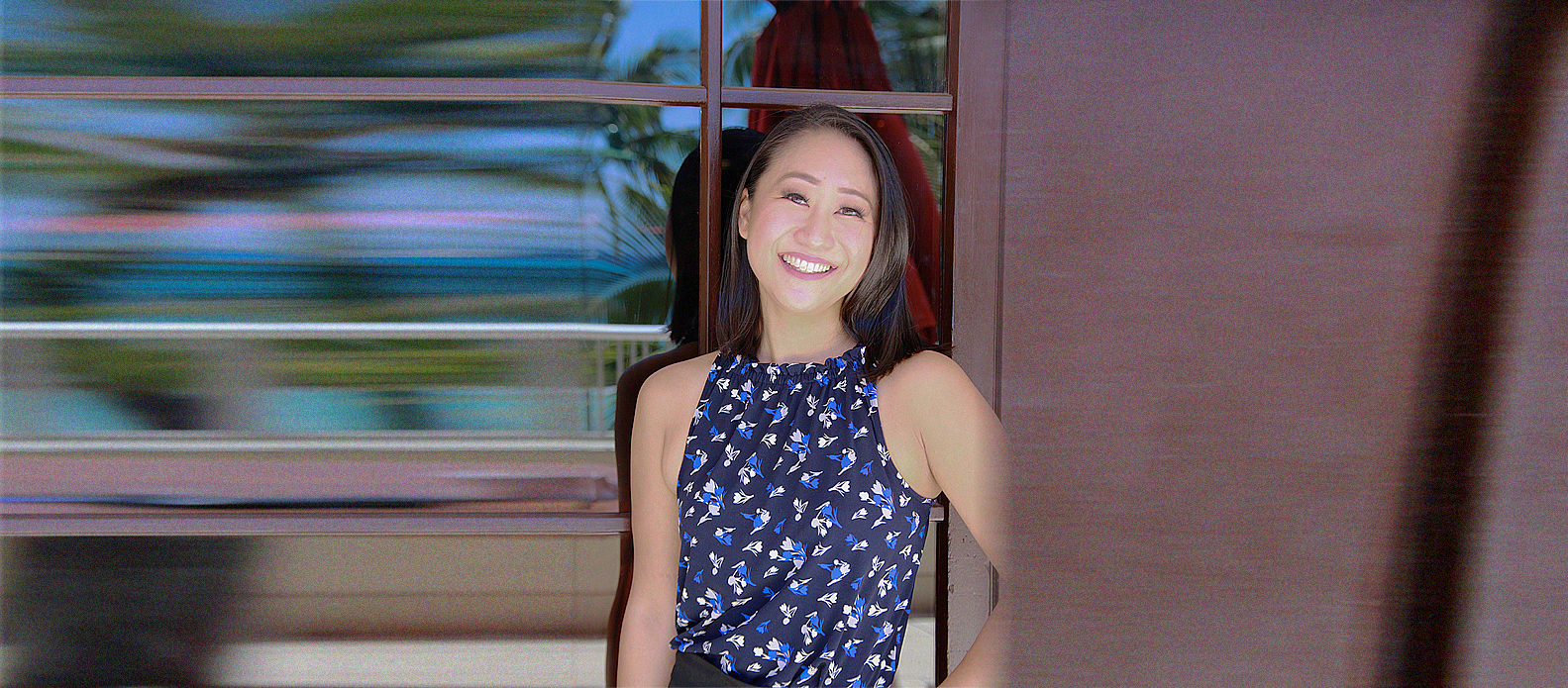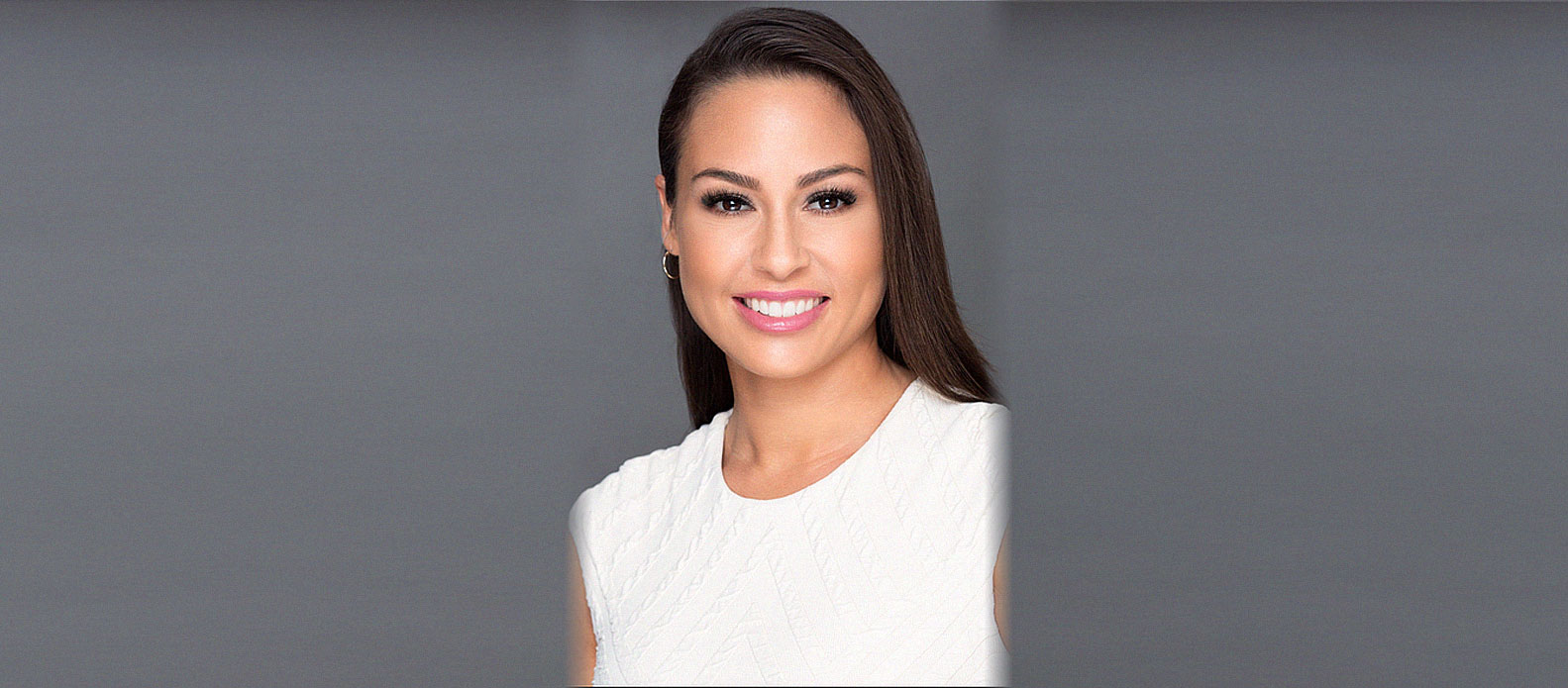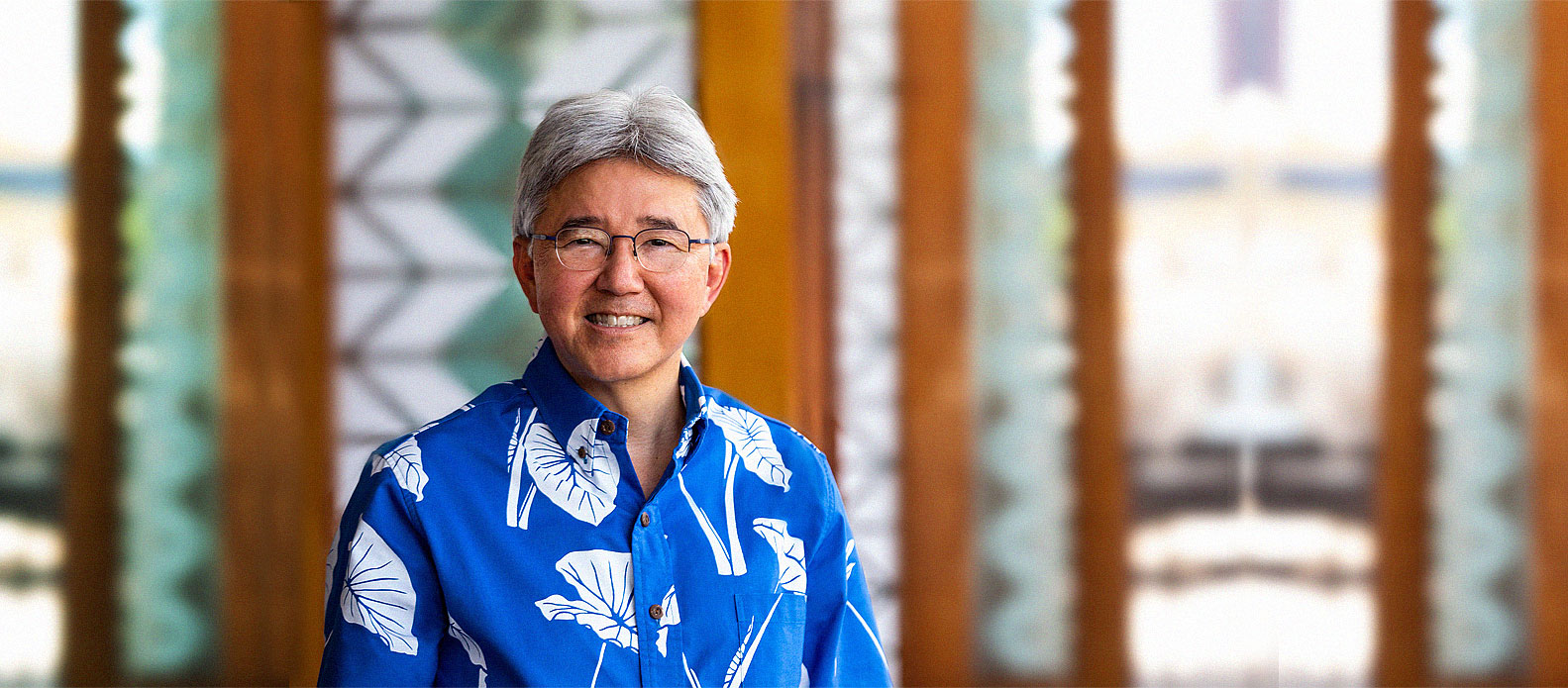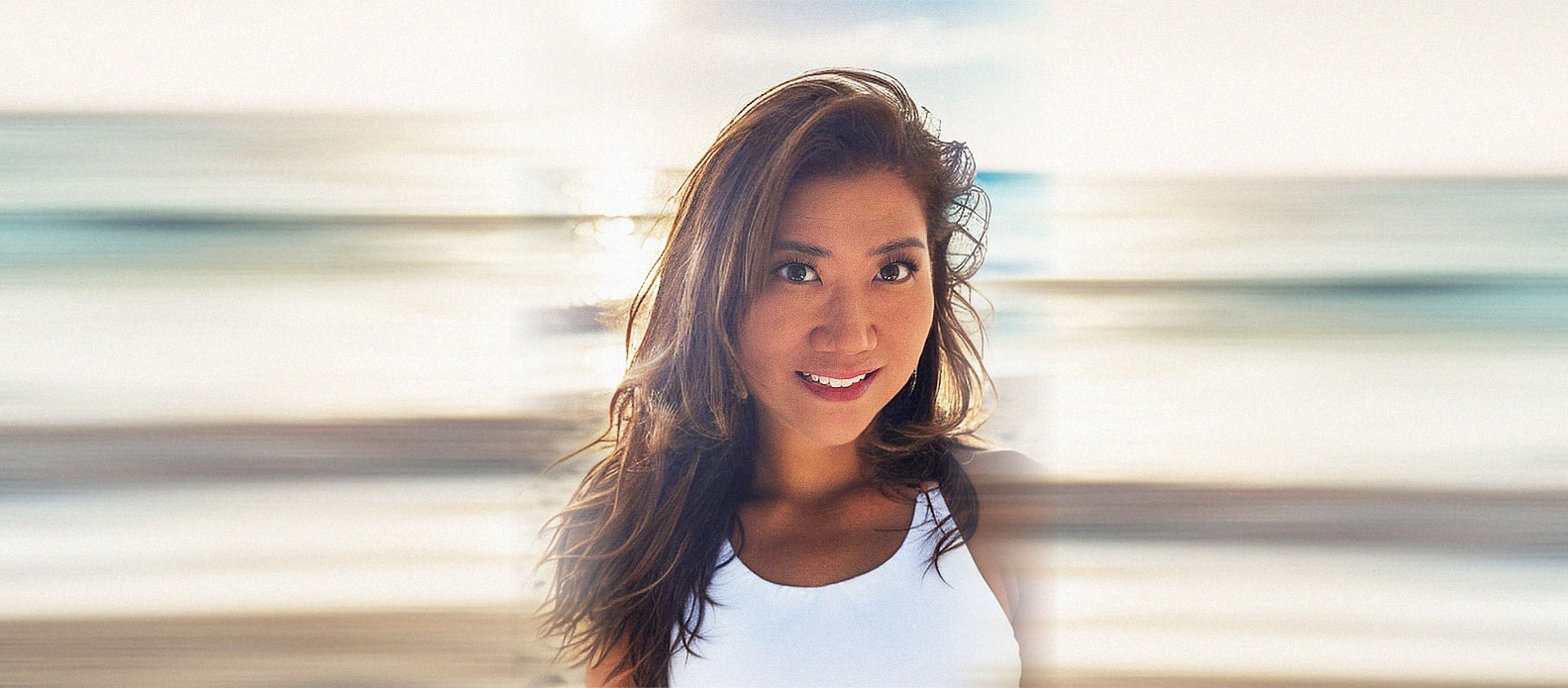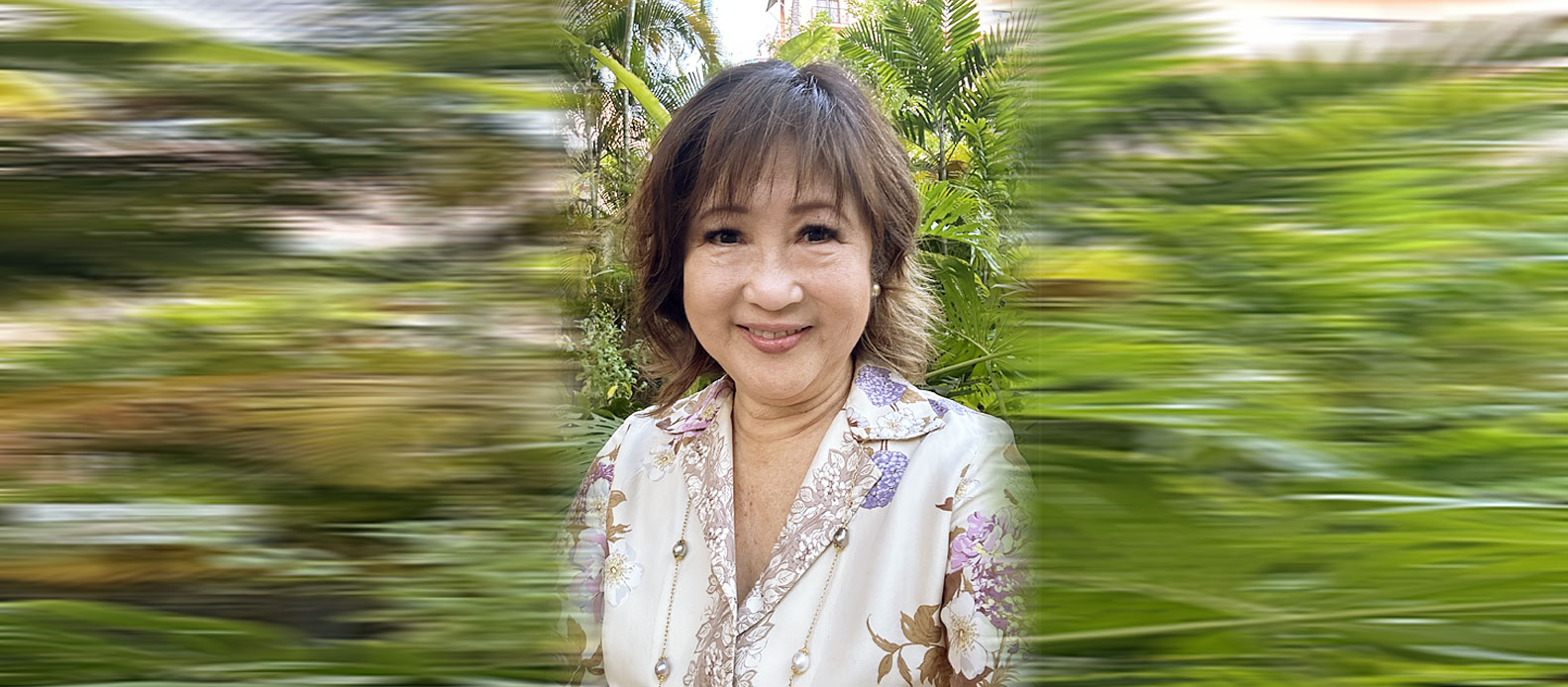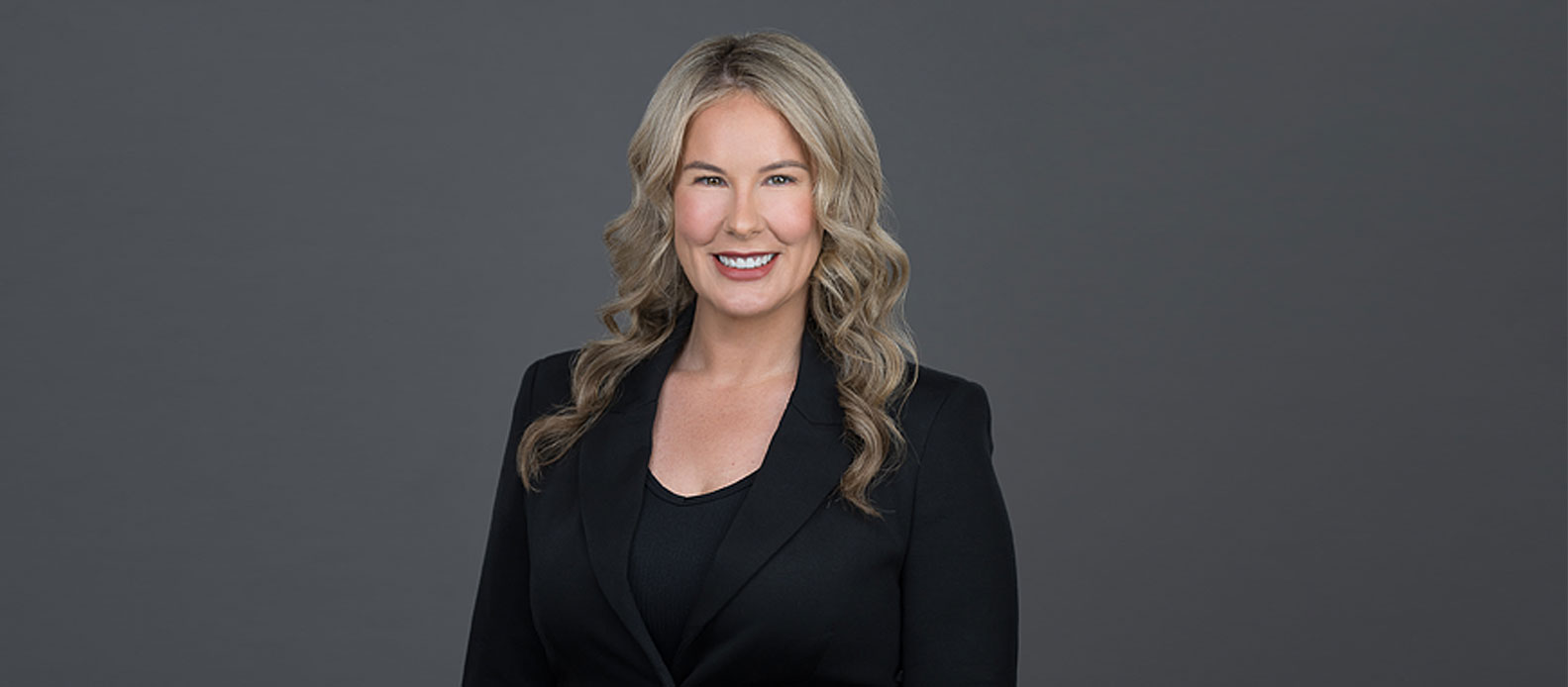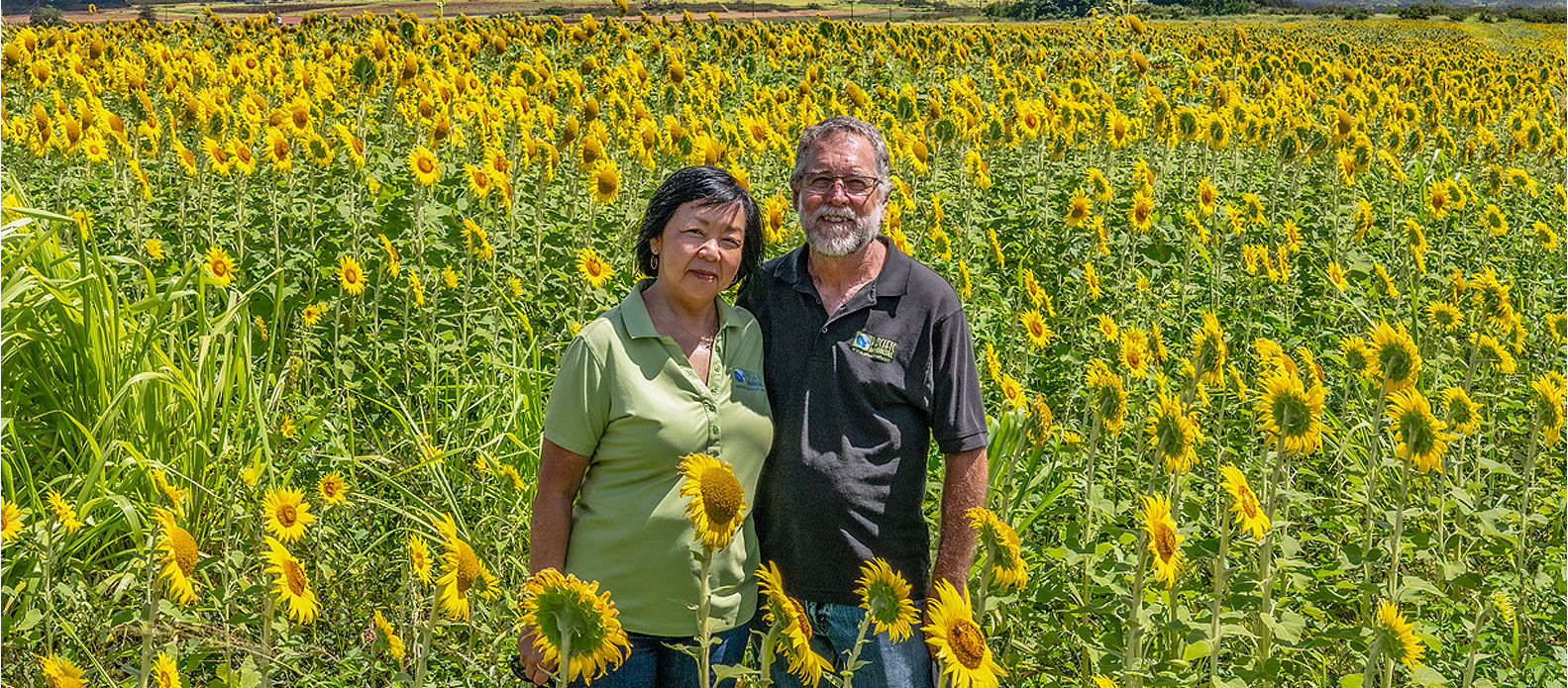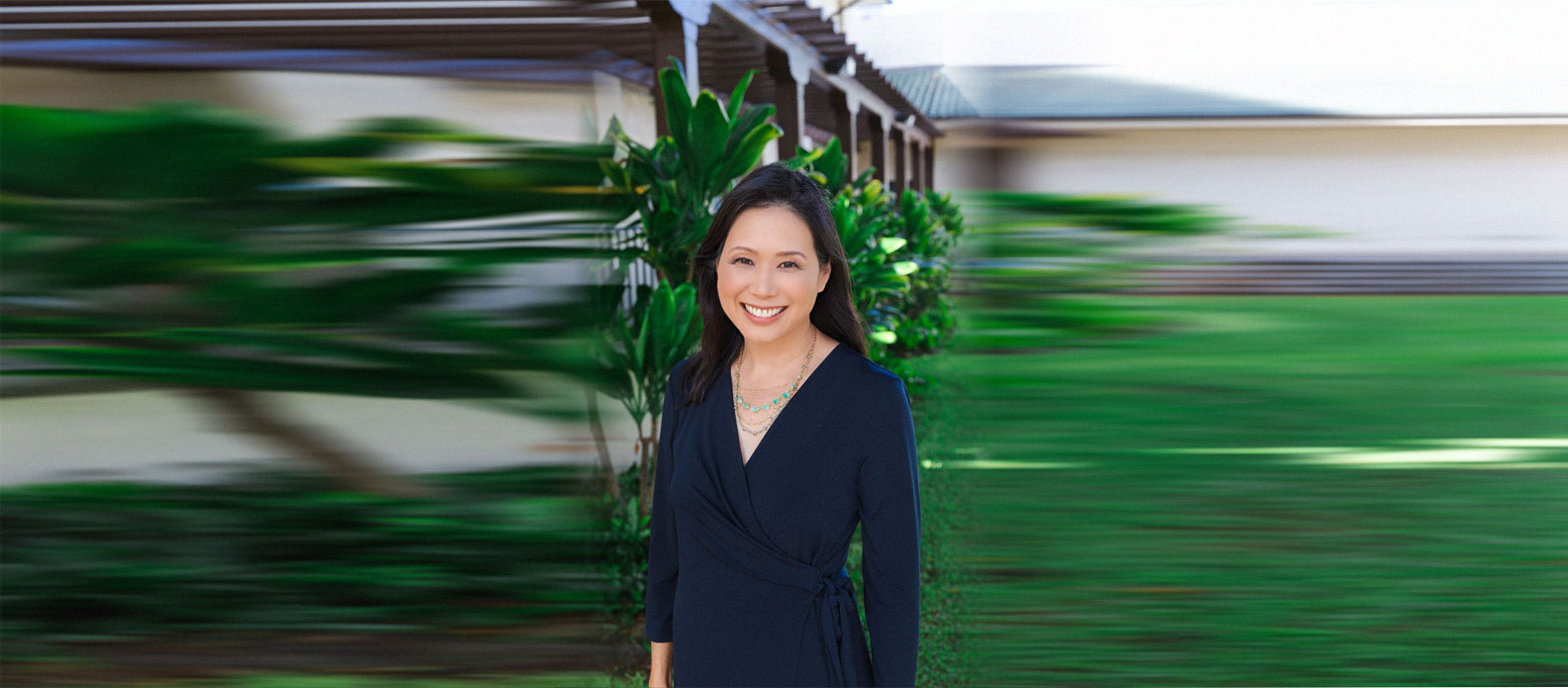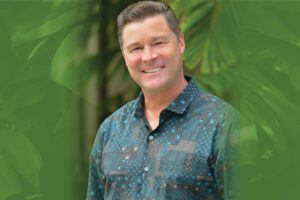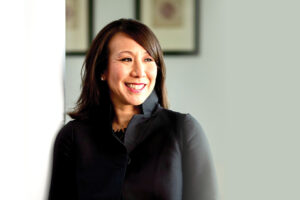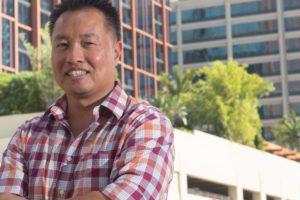How do you give back to your community?
MN: Our ‘āina (land)-based advocacy really began when our girls were born. Our daughters were a reminder that our daily work with our nonprofit, Chef Hui, is a small part of a larger picture—to use food beyond feeding people in a restaurant and instead as a vehicle for change. These hands-on moments inspired my work at Punahou School as a Food & Sustainability Curriculum Specialist as well.
By sharing meaningful experiences around food with our youth, we encourage growth and resilience. In Hawai‘i, we believe our ancestors guide our actions. We activate our kuleana through our ancestral knowledge by utilizing indigenous ingredients, contributing to regenerative agriculture, and cooking our heritage. Through food, we fulfill our kuleana to give the next generation resources today to answer the challenges of tomorrow.
ACN: At Chef Hui, our goal is to do more than feed people. We strive to foster relationships that connect you to your food, your community, and to yourself. Through this process we’ve found the true gift is this work feeds our souls in a way we didn’t know possible. Being of service to others and approaching this simple act with compassion, trust, and kindness may be the best medicine the world has to offer. We see being of service as being a good neighbor and being a good ancestor to future generations. Our hope is we are able to curate experiences and connections that allow us all to see ways of collaborating and supporting each other for the greater good while remembering your soul is your core. Feed it well and feed it often.
How do you balance your personal and professional lives as a married couple that works together?
ACN: Mark and I always say we wish people would stop using the word “balance” and instead replace it with “integration.” That is really how we view work and family life, and it seems like a more realistic approach. Our careers are our passion both individually and as a couple, so we’ve worked hard to incorporate dedicating our time to what fulfills us, while being present for our girls. We’ve brought our girls along with us to work and community projects from the time they were born and that has truly shaped who they are. These experiences have made them well rounded and taught them a lot of life lessons you don’t learn in school. Most importantly, it has created a bond for us as a unit that is really special. We have a lot of fun together regardless of the task.
As a married couple (who also run a business and nonprofit together), we decided early on to create a system that allowed us to collaborate where our talents align and where we have great synergy while also creating boundaries that may have a negative impact on our personal lives. For example, I realized that me bugging Mark about deadlines was not healthy for our marriage, so we quickly hired a logistics assistant so I wouldn’t be the one hounding him for things.
We also have monthly planning/calendar meetings for just the two of us so we can make sure our schedules align and flag any pinch points. During these meetings we set boundaries for ourselves so when we have a streak of busy work life, we block off a weekend for us all to just stay home and hang out as a normal family. We really value the hours we spend as a family while doing simple things like making dinner, working in the yard, and having picnics on the beach.
Last but most important, having a village made of our amazing colleagues, therapists, family and friends who are there to support us has been key. Learning to ask for help and lean into others strengths is key to living a balanced life when you are an entrepreneur and a parent.
What does giving back mean to you?
ACN: My parents always told me to treat others how I wanted to be treated. Although my family wasn’t always “volunteering” in the traditional way we do now, they were always doing what they could to help other people and to share the little they had. I think for me, giving back really goes back to keeping that kind of abundance mentality. Being in service to life not to profit. Operating from a place of abundance, doing things for others, and sharing what you have is really so simple yet so fulfilling. It has a ripple effect that is magical. Since I moved to Hawai‘i 23 years ago, my family and so many others have given so much to me along my journey, so it feels natural to do that for others. Seeing how kind and generous our girls are reminds me that being of service to others everyday really makes the world a better place. The ripple effect of one good deed is endless and it always comes full circle. To me, that is the definition of giving back.
MN: For those of us who cook, we understand that food is a kuleana. In Hawai‘i, kuleana is one’s responsibility and privilege. As a chef, it is my kuleana to be of service and showcase food as a path to advocacy, connection, and sustainability.
One of the nuances about living in Hawai‘i is the importance of bringing our community with us as we move forward. Throughout my career, I’ve been given the privilege of creating a small platform across social and traditional media. Whether in front of a large audience or my classroom at Punahou, I bring our lāhui (community) with me as I share my knowledge and the knowledge of others for the benefit of our island home.
What failure taught you the biggest lesson?
ACN: It took having children for me to really understand that asking for help, setting healthy boundaries, and leaning into others is a mutually beneficial emotional exchange. I think trying to do everything myself and feeling guilty about setting boundaries, saying no and asking for help almost drove me to complete burnout. When our first daughter was born, Mark and I tried to please everyone and had too much on our plates professionally, but we didn’t know how to dig ourselves out.
I think our biggest fail forward moment came when our businesses were at rock bottom and it was taking a toll on our marriage and then Mark’s mom got sick with cancer. Knowing we only had a short time with her and then losing my dad unexpectedly in the middle of her treatments really put life into perspective. We stopped doing what other people wanted us to do and started making decisions best for us as a family. Once we made ourselves whole again and opened our eyes to doing life a little differently, our businesses began to flourish and so many doors we never thought possible opened for us.
How do your individual strengths complement each other in the business?
MN: Even when Amanda pulls 12-14 hour days for weeks on end, she still makes time for all of us. We try to eat dinner together as a family almost every night. We don’t require constant attention from each other—thankfully we both run on the same frequency about that. We both knew the other was a Type-A when we met. Amanda keeps me grounded, motivated, and I truly wouldn’t be able to accomplish life without her and her tribe.
What advice would you give to other married couples who are thinking of starting a business together?
ACN: Over the past 10 years, I’ve come to realize a life partner and a business partner require a lot of the same needs. Trust, time, attention, good communication (including times when you refrain from talking long enough to listen), patience, respect, consideration, willingness/ability to compromise, constructive conversations post disagreements, willingness to see another’s viewpoint, ability to forgive and apologize; and most importantly fun are just a few of the traits/habits you must be willing to commit to for each other.
Out of all the work Mark and I have done together (and separately), I’m most proud of the work we’ve committed to do together, such as making time for one another, and actively listening to what the other person needs. It is not always going to be 50/50. Sometimes the work may be split 60/40, sometimes it’s 90/10, but working alongside Mark both professionally and as his wife, the mother of his two girls—that will always be 100% the most rewarding role I’ll ever have. And of course having a therapist! We’re big advocates for normalizing leaning into a professional to help you build the necessary tools for communicating when you come from very different places and have a lot of complicated issues to constantly navigate.
How do you divide your time between work and family responsibilities?
MN: There is no magic formula for the way we divide our work. The word “pili” is at the core of each and every one of our business concepts past and present. It means to connect or be intertwined. Just like words are woven together to create beautiful poetry, our family, work, and passion are all intertwined to create a beautiful mosaic that is our adventure-packed life. When we had our girls, Amanda would strap them on her while she was working a 300-person event, and they have definitely seen their fair share of kitchens. Some may disagree with mixing family and work. But for us, we’re grateful to have the support of our lāhui to work hard, laugh hard, never quit, and have fun.
What are some challenges you face in running a business together, and how do you overcome them?
ACN: The challenges you face when running a business together run the gamut, but as long as you put in the work, show up for one another, make each other feel seen, and learn to laugh along the way, you can overcome just about anything.
Gulity Instagram Follow
ACN: We have a bit of an urban farm at our house including dogs, chickens, a rabbit, and lots of plant babies so my feed is typically filled with #chickenmom reels and DIY gardening tips. Our whole family loves growing food and caring for our ‘āina and animals, so it’s a good distraction both online and in our own yard..
If you could tell your younger self some bit of advice, what would it be?
ACN: Not to take yourself or life too seriously. When I met Mark I was a workaholic who constantly felt like I needed to prove myself to everyone. I put my needs last and often felt guilty if I wasn’t working or doing something for others. Mark, our girls, and lots of fail forwards along the way have taught me to enjoy the ride, slow down and have fun! Finding joy in little things like watching the birds or exploring the ocean keep you grounded and creative.

